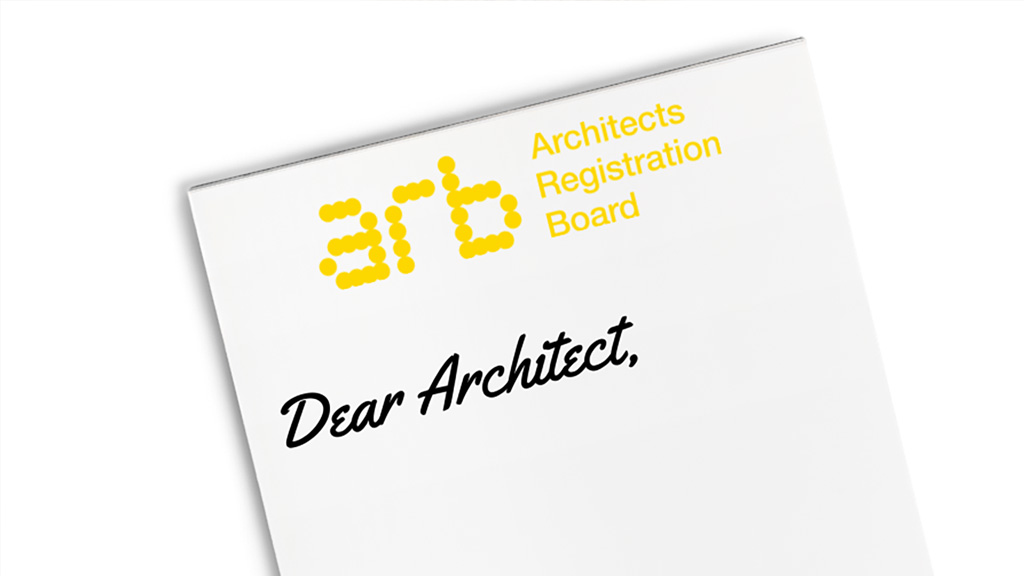
Although serious concerns about architects are rare, common themes can emerge in the complaints that we handle. By sharing these insights with you along with guidance on the expectations of the Architects Code, we hope to help you avoid similar pitfalls.
Standard 9 of the Architects Code is about maintaining the reputation of architects. In 2017 the below provision was added to this section:
9.5 You should not enter into any agreement the terms of which would
prevent any party from reporting an apparent breach of the Code to ARB.
The provision acknowledges the distinction between regulatory and civil proceedings and that there will be occasions where it is in the interests of all parties to settle a dispute. It also recognises that to ensure public protection there should be no barriers to a regulator investigating the conduct and competence of the professional party.
This type of provision is a common approach by regulators to enable them to act in the public interest. Knowing this provision is in place, the public and potential clients can be reassured that issues within the profession can be freely raised and are not going unreported.
While exerting deliberate leverage on a potential complainant to dissuade or prevent them from raising concerns with us would be seen a serious integrity issue under the Code, this behaviour is rare. What we see more often in the concerns raised with us, is the problematic use of restrictive conditions proposed as part of settlement arrangements.
Ultimately, you are responsible for what you agree to so here a couple of ways you can avoid breaching the Code and help maintain the reputation of you and your peers.
Check for problematic conditions
If you receive or draft a settlement proposal (whether it’s a formal agreement document or just an email), check it carefully for restrictions. If you identify a condition that would prevent someone from raising concerns with us, you should ensure it is removed. This could be something as simple as a line in an email making an offer to give money back as long as the matter is not raised with us. Another example could be a condition that would only allow someone to share information ‘if required by law’.
Seek advice
If you are unsure whether any clauses are problematic, you can seek legal advice to help ensure the agreement terms are compliant with your professional obligations and to help you understand how they may affect your ability to cooperate with a regulator or other authorities.
At ARB we do not provide legal advice, but you can contact us for general advice on what types of clauses may be considered problematic and what alternatives may be available.
If you’d like further advice on this subject, or if there are other topics you’d like us to cover, contact us at professionalstandards@arb.org.uk or on +44 (0) 207 580 5861 and we will be happy to help.


